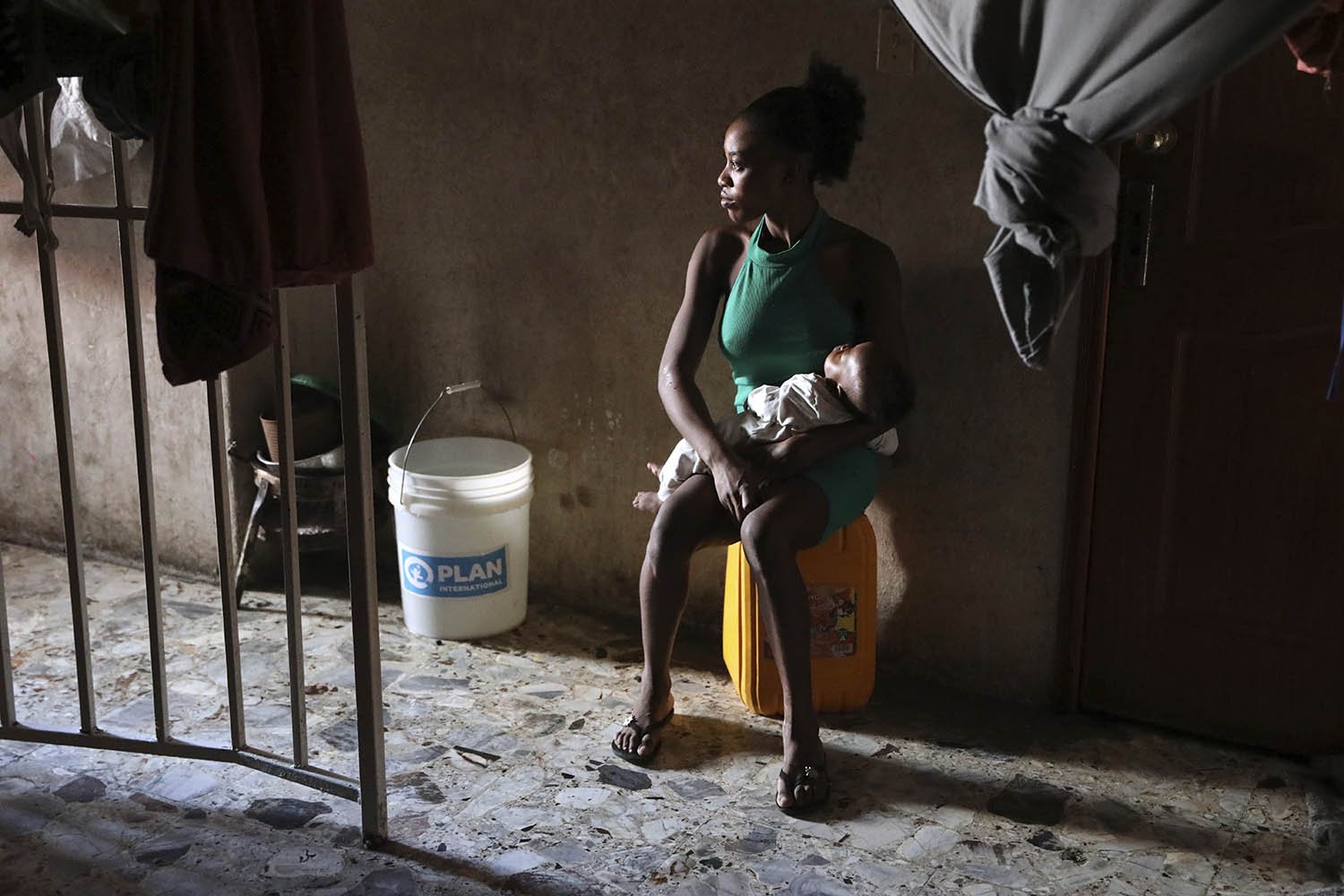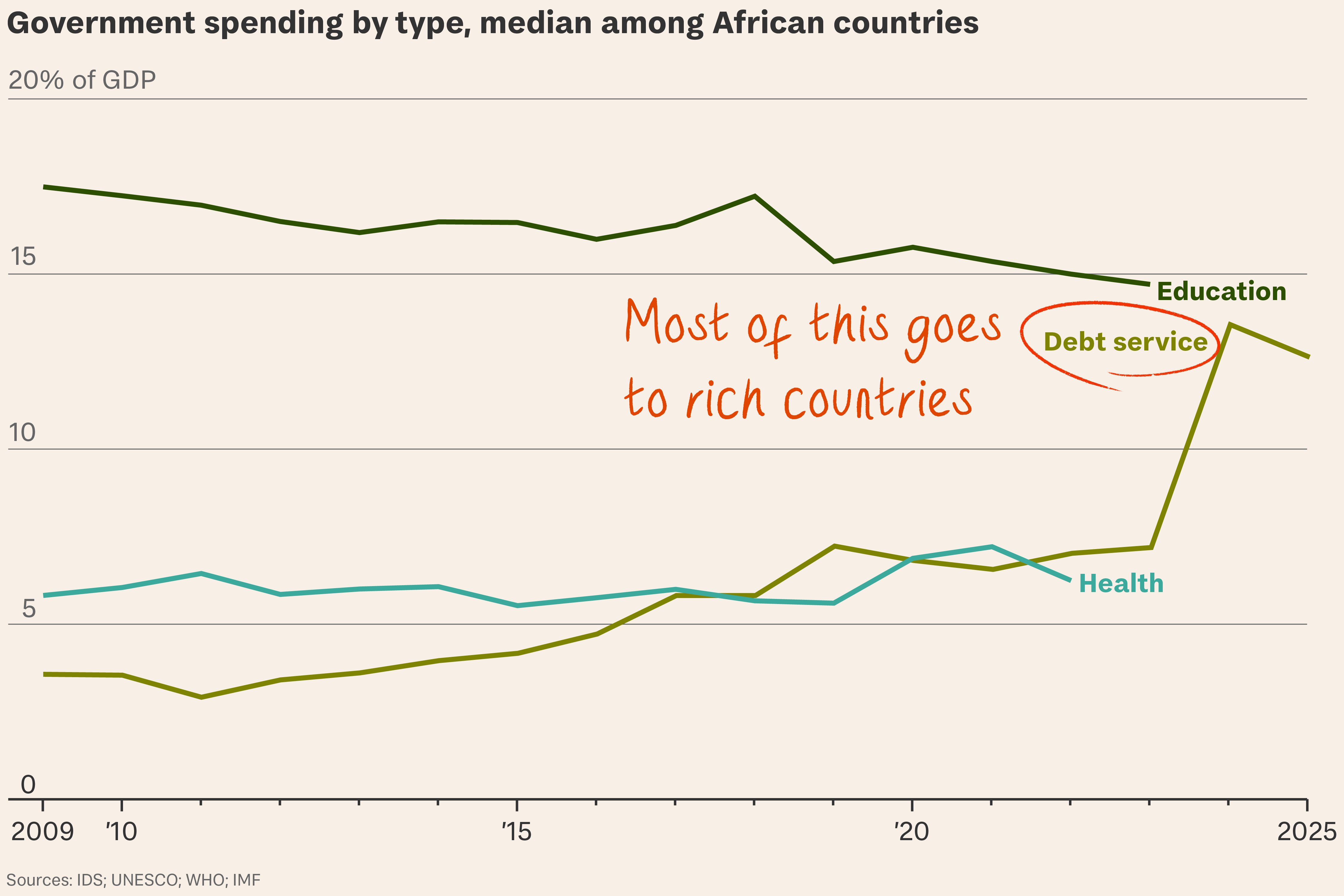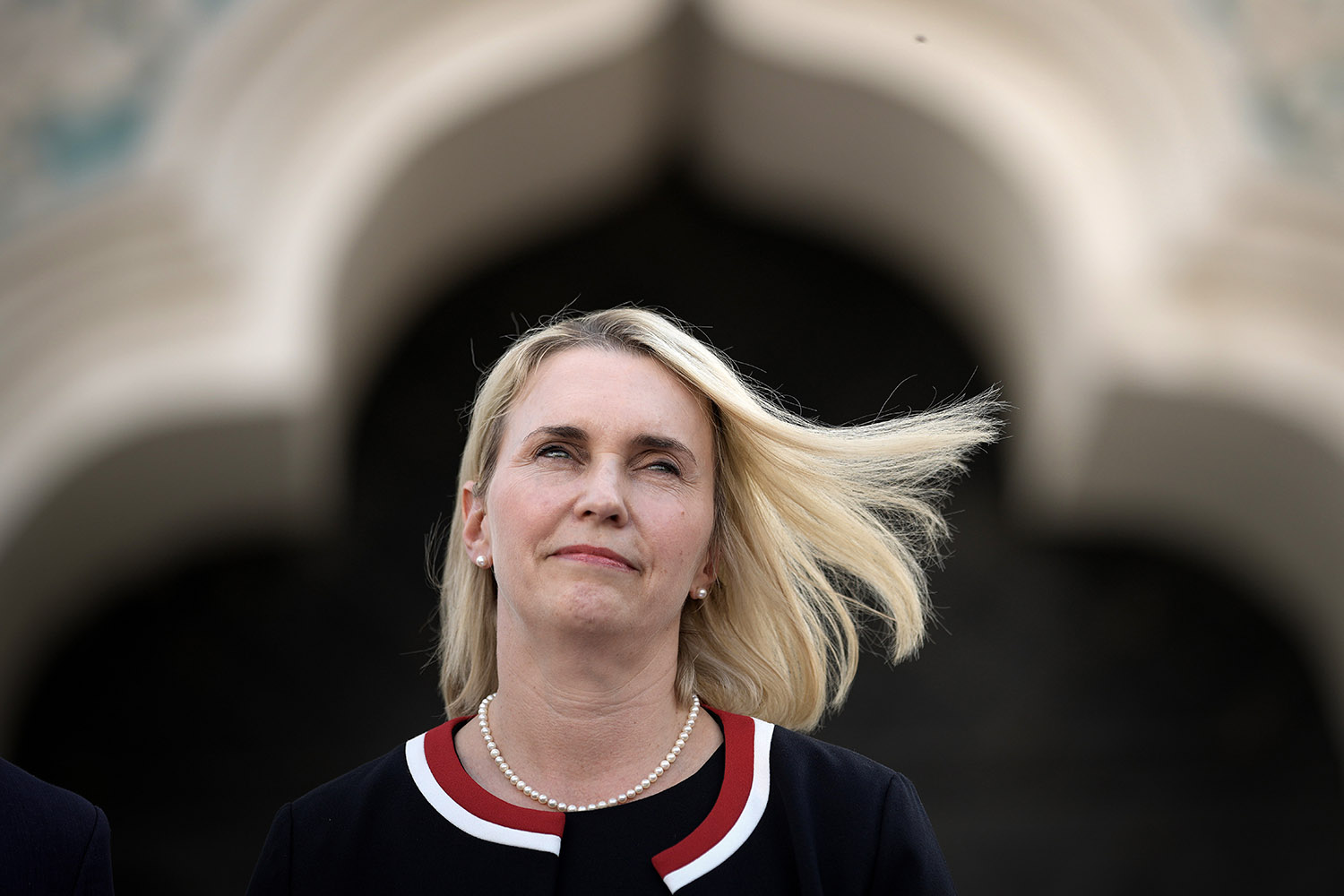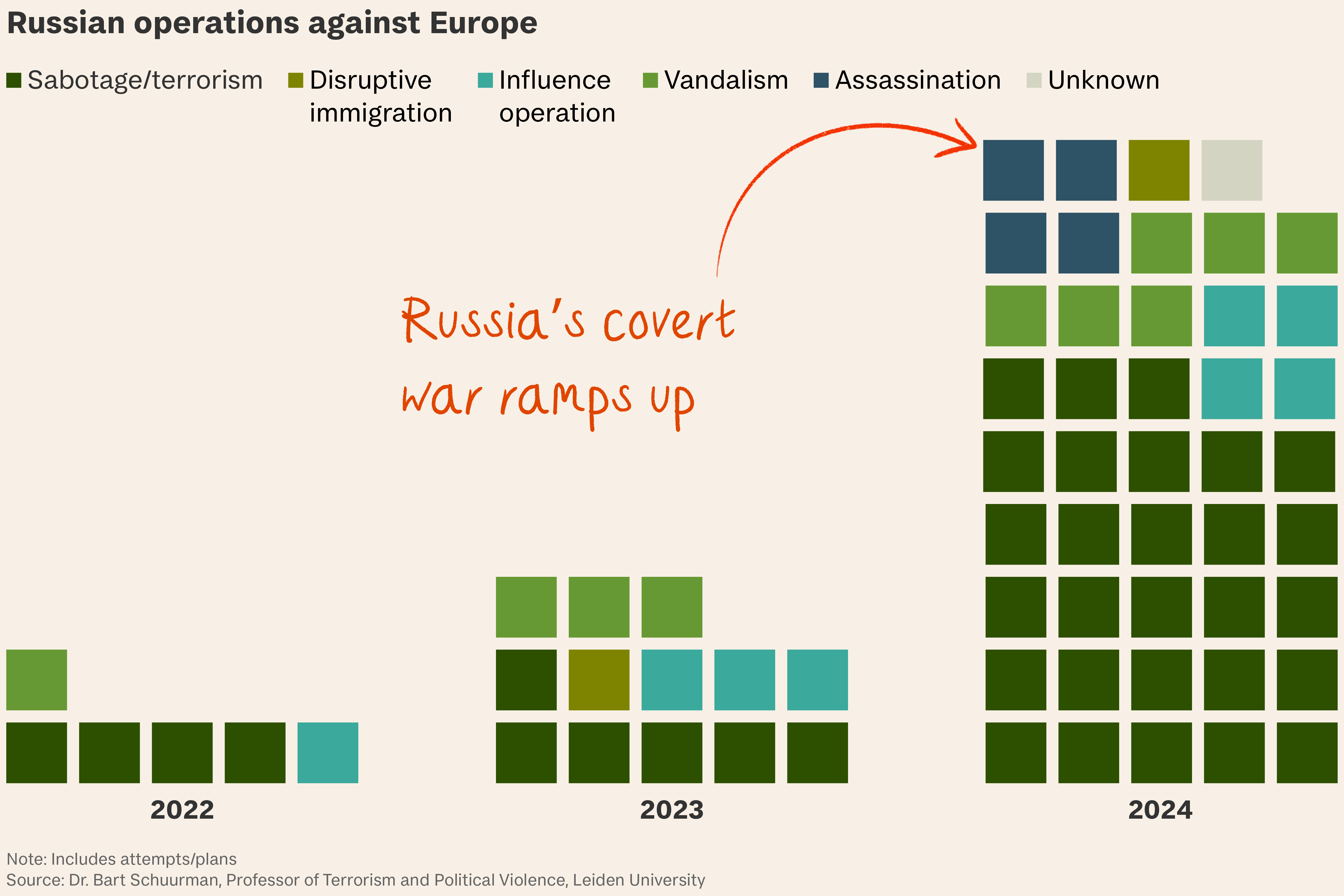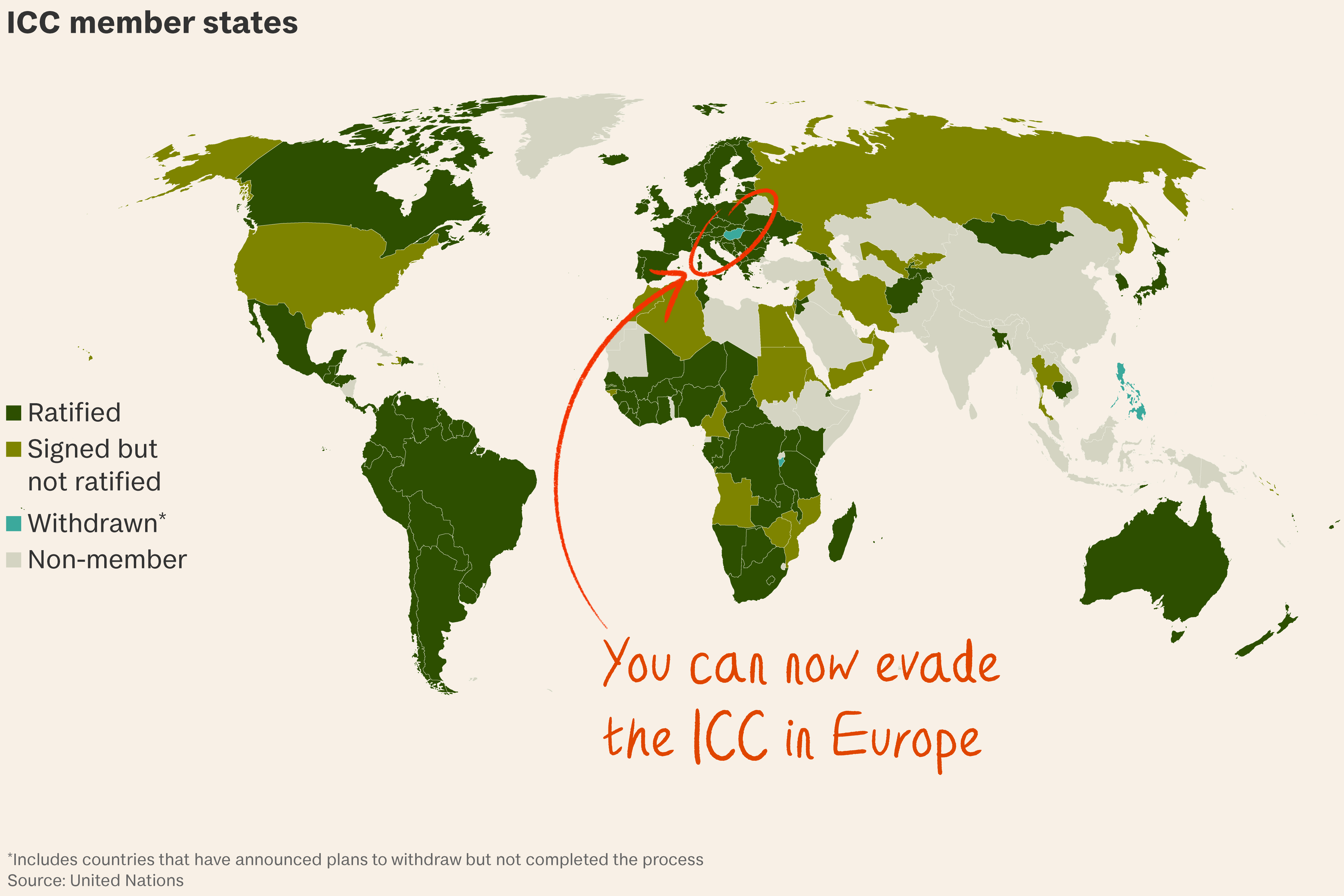
Kenya is reeling after weeks of deadly protests that have killed 41 people, severely weakening William Ruto, the country’s president.
So what? Kenya is no stranger to unrest. But these protests could prove transformative – in a positive way.
- Ruto has been forced to capitulate to the protesters’ chief demands, most notably by abandoning unpopular tax rises. The move has bought the president time, but will weaken public finances and could tip his debt-distressed country into default.
- The president has so far resisted demands to quit. But loyalist MPs are likely to abandon him, meaning one of the West’s most dependable African allies risks becoming ineffective two years after winning an election.
- It is not just Ruto who has been weakened; so, too, has the entire political class. Furious at the manner in which politicians have flaunted their wealth, protesters ransacked Parliament and attacked the offices, homes and businesses of more than 20 MPs. Many are now cultivating a humbler image as a result.
Vexatious taxation. Tax hikes ostensibly triggered the protests. Ruto won election in 2022 after championing Kenya’s poor. To fund an expensive poverty-alleviating agenda and pay back the debts his predecessor racked up, he had to find the money from somewhere.
Squeezing the middle class seemed the obvious answer. Just 17 per cent of Kenyan adults are in formal employment. The thinking appears to have been that such a minority was electorally expendable and unlikely to cause trouble.
Youthquake. Ruto’s government miscalculated. Young professionals mobilised, first on social media and then on the streets. Kenya’s youth is more educated than ever before, but two-thirds do not have regular jobs. Many rallied to the cause.
- On 25 June, protesters in the capital Nairobi overwhelmed the police and then overran Parliament, setting a portion of it ablaze, ransacking its chambers and forcing MPs to flee.
- Ruto abandoned his proposed tax rises, but his security forces responded ruthlessly, using live fire on protesters and seizing scores of activists and protest leaders, bundling them into unmarked cars and taking them to unknown locations.
A new era? Kenya is now changing in several ways:
- Politicians are in the unfamiliar position of being treated as pariahs. Aside from attacks on their property, many have had invitations to attend events withdrawn, while congregations have walked out when they appear in church. Several have issued grovelling apologies, some say they will stand down at the next election.
- Ruto has announced new measures to stop politicians giving jobs to their relatives and handing out cash at constituency fundraisers, a practice that incentivises corruption. Politicians used to flaunt their wealth on social media, a habit that is likely to disappear.
- Chastened MPs are now very unlikely to vote through any presidential policies that are remotely controversial, severely hampering Ruto’s legislative agenda and denting his re-election hopes in 2027.
Western diplomats will welcome a potential cleansing of Kenya’s political system. But there will be concern.
- By abandoning tax hikes, Ruto now has a $2.7 billion hole in his budget, some of which will have to be plugged by additional borrowing. Having already been bailed out by the International Monetary Fund, the risk of default is again rising in one of Africa’s most important economies.
- The West has hitched its colours to an unpopular leader. Ruto has made himself indispensable to Washington as a key supporter at the United Nations, an important African voice on climate matters and a bulwark against Chinese and Russian encroachment on the continent.
- In May he was rewarded with the first state visit by a sub-Saharan African leader to the United States in 15 years. By drawing close to Ruto, the West risks alienating his domestic detractors. If he falls, his successor may adopt a more anti-western position.
What’s more. African governments will be concerned for different reasons. Kenya is a trendsetter on the African continent and already there are signs of Gen Z mobilisation in other countries like Uganda and Ghana.
“Young Africans are exhausted with democracy because democracy has not delivered for them,” says John Githongo, a Kenyan anti-corruption campaigner. “They see the same bunch of crooks. This demographic is asking for a reboot of the system.”






